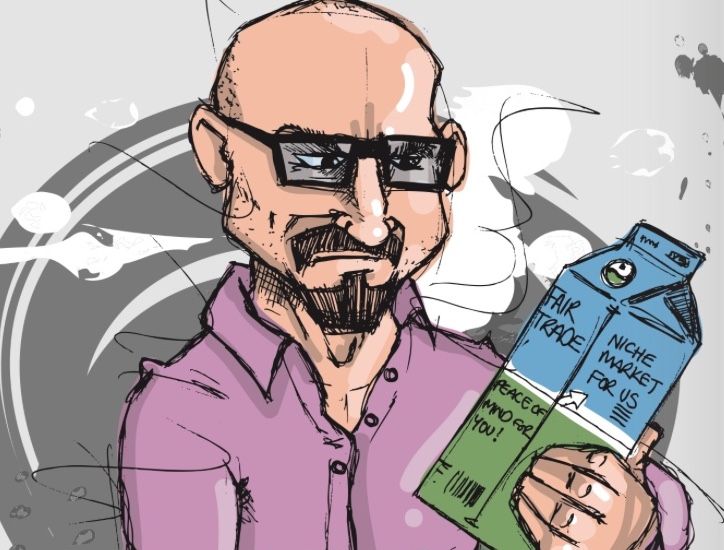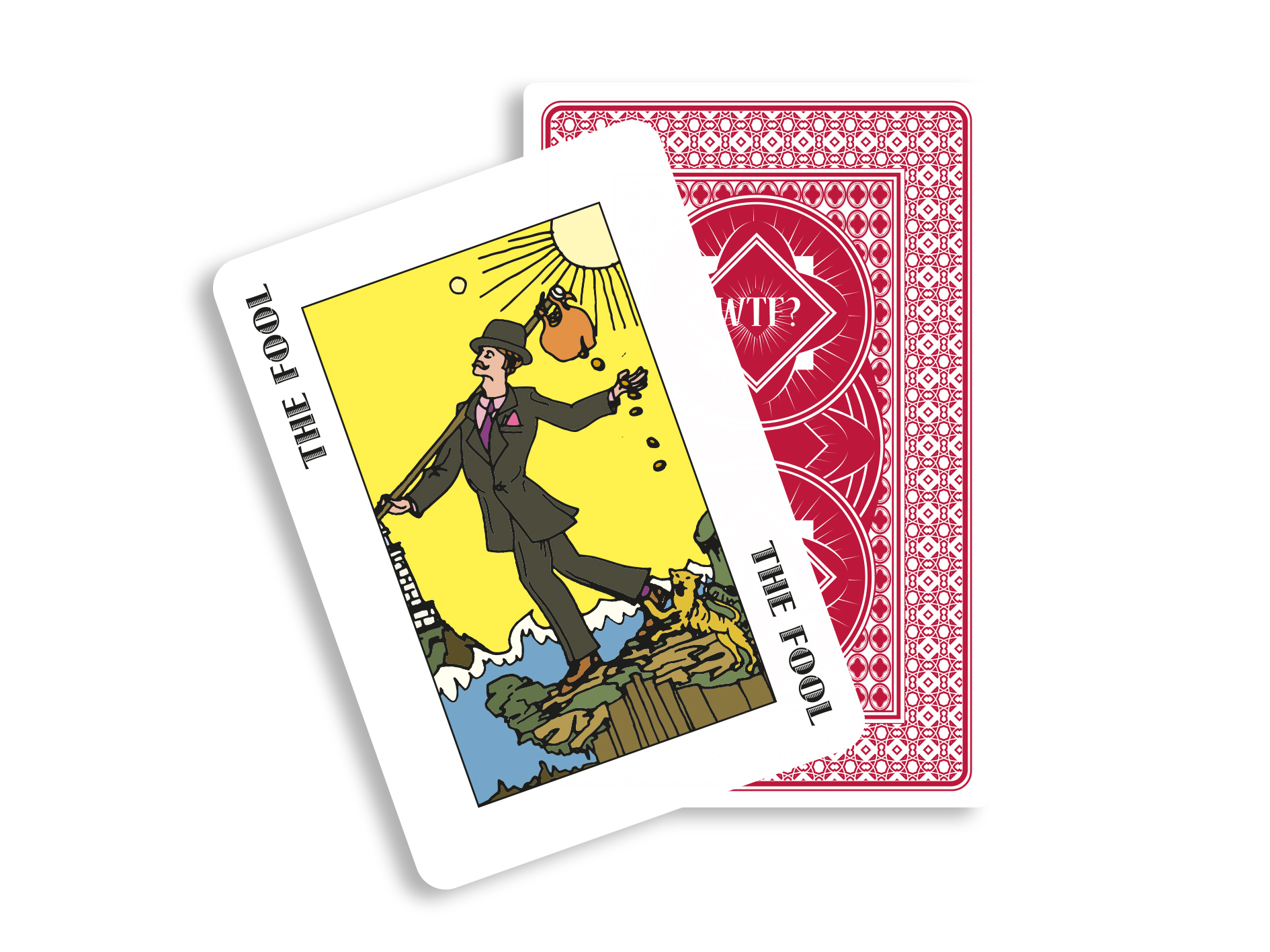

September’s column in Connect magazine from ‘The Fool’ explores exactly how compatible ethics and business are.
"Economics and Fairness. Can they ever be friends?
"If economics is right, and individuals are rational, they will act in their own best interests in any transaction to maximise the benefits to themselves, whilst minimising the benefit to the other party. The ‘fairness’ of the outcome will be judged by each party according to the effects on their own circumstances, and that fairness is usually quantified by something we call ‘price.’
"If my impending mid-life crisis means that there is a hole in my world that can only be filled by a yellow two-seater convertible sports car, and the fake tan daubed sales chap and I shake hands and do a deal, we’ll both have felt that a fair (if laughably inappropriate) outcome has occurred. That fairness will extend to the garage owner, the shipping company and ultimately the people in the factory who bolt the car together, all of whom will have felt fairly rewarded by their slice of the price I deemed ‘fair’ to pay for the car. And thus, much like my hairline, I recede rapidly into the distance, and everyone’s happy.
"At which point of course we find ourselves hostage to the views of others who have played no part in the transaction, but feel that their perception of fairness matters in some way. If it’s one of my friends who believes that our perma-tanned friend has taken advantage of my insecurity, that is one thing. If it’s a labour union, or a regulatory body, or anyone else who thinks the price agreed between two consenting adults is somehow unfair, well that is where the hackles start to rise. Which leads us, by an admittedly rather circuitous route, to the heart of this month’s sermon.
"Both Sainsbury’s and Tesco have recently announced that they would be stopping the use of Fairtrade labelling on certain of their tea and coffee products, and would be launching their own equivalent ‘fair trade’ brands. The outcome of these decisions should result in little change, with the farmers continuing to benefit from guaranteed minimum prices for their product, and extra funding for community projects in their countries. But if you’ve read about the companies’ decisions online, in the Guardian, Independent (it isn’t) or perhaps unsurprisingly on various press releases from the Fairtrade Foundation, both companies might as well be sacrificing indigenous populations of homeless rainforest dolphins in funeral pyres fuelled by blood diamonds and genocide, without a thought for the children."

Pictured: How fair is 'fairtrade'?
"The Fairtrade Foundation is a charity, which, according to Wiki “works to empower disadvantaged producers in developing countries by tackling injustice in conventional trade, by promoting and licencing the Fairtrade Mark” (remember that last bit). Their activities include providing independent certification of the trade chain for products, growing demand for Fairtrade products, and by distributing a percentage of the income generated by sales of the products to local causes, helping improve the lives of farmers in some of the world’s poorest countries. A great, and unquestionably noble, cause.
"For years, Sainsbury’s has been the leading retailer of Fairtrade branded products, with annual sales of over £200million to customers who are willing to pay a little bit extra to ensure that producers in the third world get rewarded fairly for their efforts. After a suitable deduction for their profits, the supermarket pays the Fairtrade Foundation, who then pay the farmers a premium over the cost of production to provide community benefits.
"Now in order to offer these Fairtrade brands, Sainsbury’s (along with all other retailers, and importantly, the producers themselves) pay the Fairtrade Foundation an annual licencing fee, the size of the fee being determined by the level of sales. Based upon the Foundation’s own fee scale, Sainsbury’s should have have paid the thick end of £1million for their licence on sales of £200million last year.
"In addition to these licence fees, the foundation also receive grants from various government and non-government sources (including £200K from Jersey’s very own Overseas Aid budget), which brings their income to around £11million per year.
"The Foundation has a staff of 118 people to support, and if one takes the time to read the latest report and accounts, these employees swallow wages and other employment costs of around £ 8 million per year. Other costs for running the foundation swallow another £ 3 Million or so, which together eats the Foundation’s entire income for the year. Oh, and about £1million goes to producers and ‘projects with a global benefit,’ which I calculate to be about 9% of the Foundation’s income for the year.
"It sort of makes you ask, if Sainsbury’s and Tesco are choosing to go their own way, launching their own range of products and guaranteeing to pay the producers’ minimum values for their goods, and committing to making additional payments for the same projects that the Fairtrade Foundation pay for, then who is losing out here?
"Sainsbury’s and their ilk seem to be saving millions in licencing fees, taking back control of the distribution of the proceeds of their own sales, and still providing the means for their customers to support some of the world’s poorest farmers.
"Surely the press, and the Fairtrade Foundation, wouldn’t try and present that as an unfair outcome would they?"
You can read more from the Fool in Connect magazine each month.
Who's The Fool?
CONNECT magazine's insider in the finance industry sits at a desk somewhere near you. He's unspinnable, unbiddable, and strictly anonymous.
Definition
The Fool - A privileged position held at an ancient king or queen's court; the fool was not taken seriously by the high and mighty, but was the only person able to speak the truth to power.
Comments
Comments on this story express the views of the commentator only, not Bailiwick Publishing. We are unable to guarantee the accuracy of any of those comments.